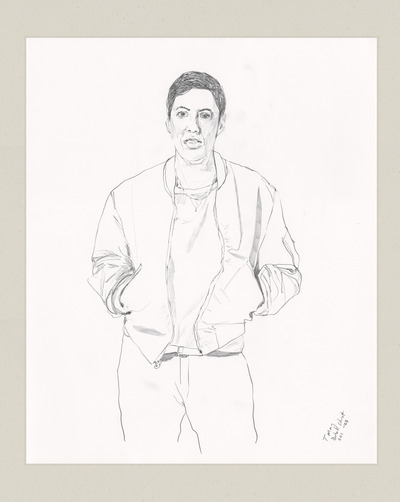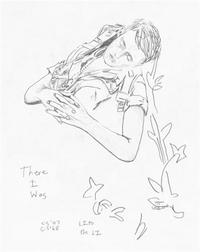Nous utilisons des cookies pour améliorer votre expérience. Pour nous conformer à la nouvelle directive sur la vie privée, nous devons demander votre consentement à l’utilisation de ces cookies. En savoir plus.
Cosmos
EAN : 9781915743381
Édition papier
EAN : 9781915743381
Paru le : 1 août 2024
65,00 €
61,61 €
Disponible
Pour connaître votre prix et commander, identifiez-vous
Notre engagement qualité
-
 Livraison gratuite
Livraison gratuite
en France sans minimum
de commande -
 Manquants maintenus
Manquants maintenus
en commande
automatiquement -
 Un interlocuteur
Un interlocuteur
unique pour toutes
vos commandes -
 Toutes les licences
Toutes les licences
numériques du marché
au tarif éditeur -
 Assistance téléphonique
Assistance téléphonique
personalisée sur le
numérique -
 Service client
Service client
Du Lundi au vendredi
de 9h à 18h
- EAN13 : 9781915743381
- Date Parution : 1 août 2024
- Disponibilite : Disponible
- Barème de remise : NS
- Nombre de pages : 92
- Format : H:280 mm L:355 mm
- Poids : 1.301kg
- Résumé : In 2020 Collier Schorr began drawing from photographs she had made of the artist Nicole Eisenman, a solitary practice that had its roots in her fascination with the doppelganger and the possibility of seeing one’s face in another. This volume, sequenced in Schorr’s unmistakable narrative style, brings together a wide array of drawn portraits, selfies, and self-portraits, both staged and candid, in recognisable spaces and emerging from the blank page. Other artists and Eisenman's teenage daughter make appearances, setting up a sparsely occupied world. In one image, the cover of a Susan Sontag biography floats like a spectre, uneasy in its proximity to the queer figures asserting themselves between the pages. Schorr sees these drawings as works that think about photography and escape it simultaneously. A photograph will always share authorship between photographer and subject, while a drawing registers a different form of physical attention and collaboration. It engages bodies and space, and creates ambiguity where photography is conclusive – through a loss of concrete setting, or an absence of age. The porous worlds of queer culture operate much more closely than those of photography and painting. COSMOS explores the way these two figures inhabit many orbits, existing as mortals as well as images in their work and their communities. With an essay by Jennifer Higgie





